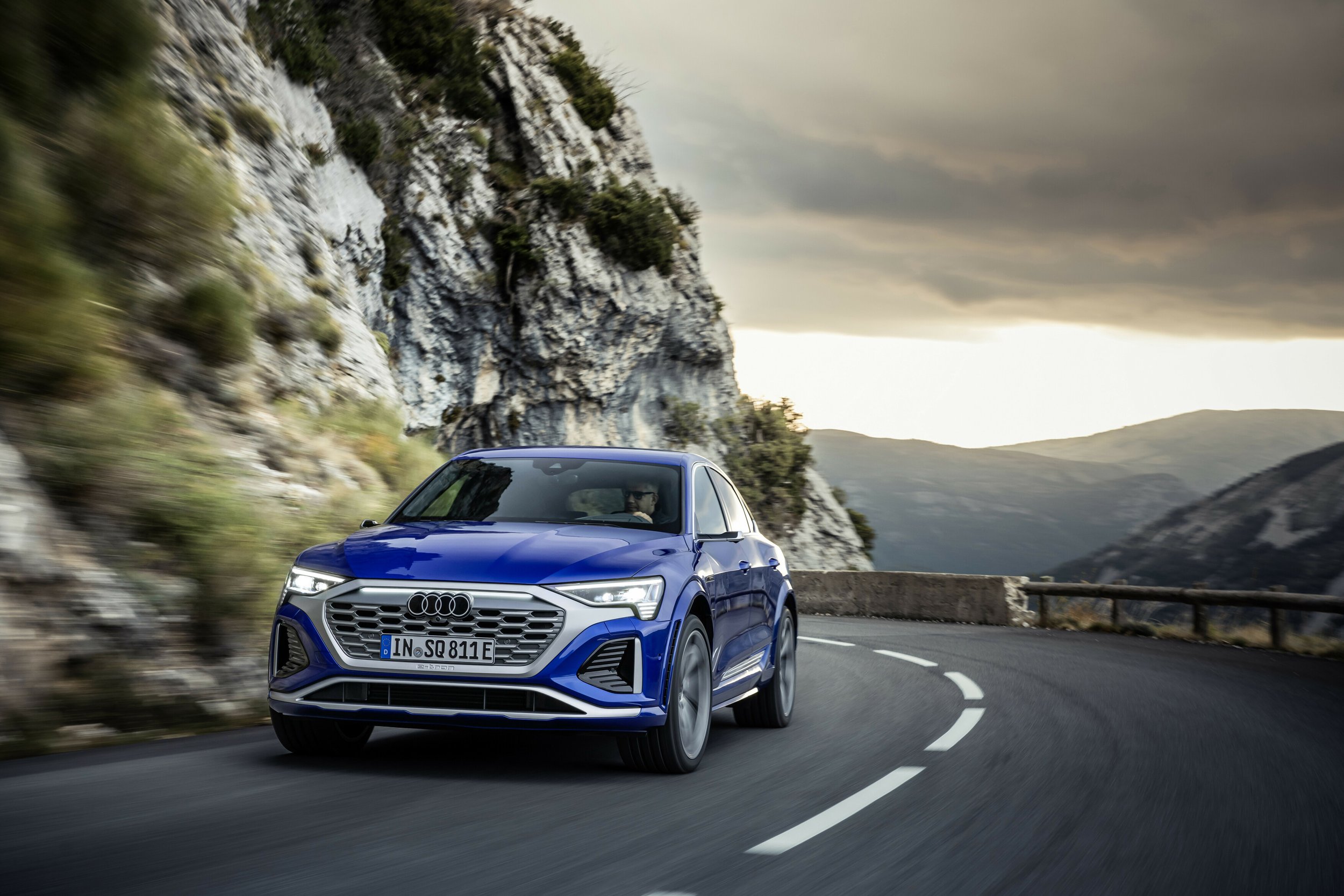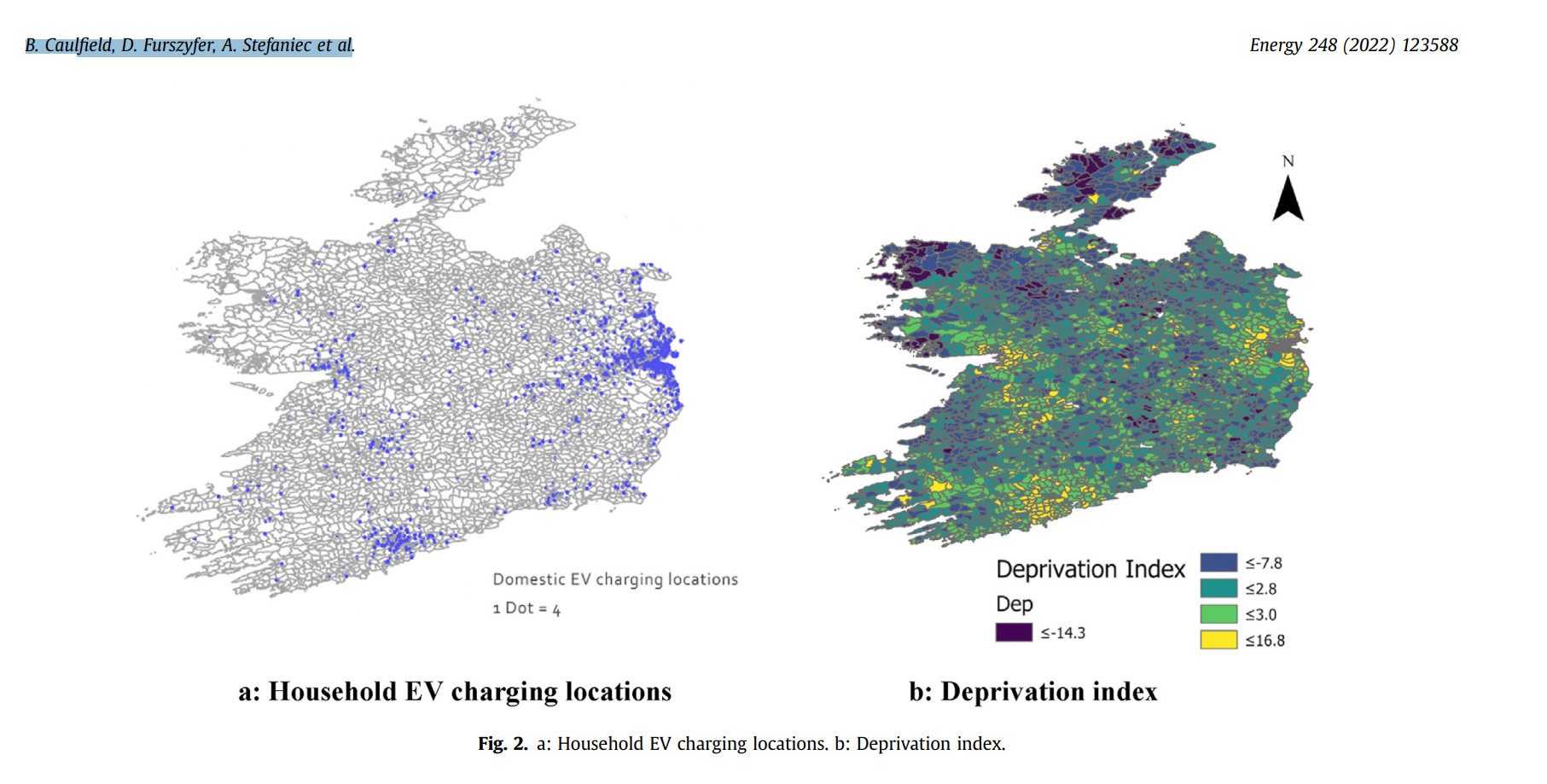
Irish EV Grants Fail All But The Rich
Before we begin, we’ll state the usual, important caveat: public transport and active travel are undeniably the most sustainable forms of transport in the face of the Climate Crisis. That is not up for debate.
We cannot escape that car culture is a dominant force in Irish society, in much the same way that it is across the Global North. Owning a car has been sold to us as a sign of success, a sign of power and used to reinforce societal gender stereotypes.
Our use of cars is so commonplace that more than 105,000 new cars were sold in Ireland in 2022 alone, in the midst of a cost-of-living crisis. Yet, in spite of the imminent threat of the Climate Crisis, 76% of all the new cars sold in Ireland last year were entirely reliant on fossil fuels – no matter what manufacturers tell you about hybrids being ‘green’.
Given the prominence of fossil fuel vehicles, especially highly polluting diesels, we believe that battery electric vehicles (those which are 100% electric) represent an opportunity to lower harmful greenhouse gas emissions rapidly in the short term to improve both public and planetary health as a transition technology – not a silver bullet.
However, as we move further into 2023, we find that support for people to make the transition to electric vehicles is increasingly coming under threat.
Grants For The Rich
In February 2022, a team of researchers from Trinity College Dublin released a research paper entitled Measuring the Equity Impacts of Government Subsidies for Electric Vehicles.
As the title suggests, the study assessed the impact that Irish Government grants for the installation of household EV chargers were having on uptake, and which parts of Irish society were most likely to benefit from the incentives.
The team found that “grants are most prominent in affluent, urban areas with high levels of public transport usage and/or availability.”
Research by Trinity College Dublin directly contrasted household EV charging density with the deprivation index - finding that home EV chargers are more common in affluent areas with greater access to public transport. Credit: B. Caulfield, D. Furszyfer, A. Stefaniec et al. Energy 248 (2022) 123588
Furthermore, the research suggested that EV chargers were not only more likely to be owned by higher income people, but also people who had a higher level of car ownership compared to the average Irish population.
The paper concludes: “In Ireland, a country with low take up rates for EVs, the current policy seems to be only taken up by those in more affluent areas with higher incomes. This has the potential of having an impact upon equity and just transition; as if the price of traditional fuels increase, such policies could have a disproportionate impact upon those living in deprived areas with lower income levels.”
In short, the current EV incentives help the rich to stay rich, while the poor get ever poorer.
The subsidies to buy an EV – let alone to install a home charger – are tiny and have very little impact on lowering the initial cost to buy, which is the single biggest hurdle to adoption.
Furthermore, there is no support for an affordable second hand EV market, with used electric imports from the UK hit with excessive VRT and import taxes that make them considerably less affordable for anyone who wants an EV but can’t afford a new one.
Somehow the Irish Government is of the opinion that current EV incentives will have a trickle-down effect on the second-hand market in a short space of time, aiding those with average or lower incomes. However, the last few years have shown that this standpoint is, frankly, deluded.
At IrishEVs, we are gravely concerned that this situation will dramatically worsen energy poverty in the coming years if it is left unchecked.
76% of new cars sold in Ireland are reliant on fossil fuels
Cutting Grants
Despite the fact that the vast, vast majority of cars sold in Ireland are still entirely reliant on fossil fuels, the Irish Government has repeatedly threatened to cut the existing grants.
This poses a real problem for the average Irish person who wants to make the switch to an electric car. Sure, the total cost of ownership is vastly cheaper once you own the car, but the initial price of purchase is still far beyond the means of the majority.
Seemingly the Irish Government thinks that it needs to cut grants sooner rather than later and, in a recent Irish Independent article, Zero Emission Vehicles Ireland’s Aoife O’Grady was quoted as saying EVs will soon represent 50% of new car sales.
Battery electric vehicle (BEV) sales currently stand at less than 15%.
In the same article, O’Grady stated that they may look to retain the grants for some rural dwellers, but they have yet to give any solid or transparent details about what will happen from July onwards, when the grants are set to be cut.
We approached O’Grady on a number of occasions for comment about the concerning lack of transparency, how this may increase energy poverty, and how the Irish Government can justify its claims that EV sales will soon be at 50% when this will require more than triple the current sales without the grants to cut costs.
We also asked whether the Government is finally ready to remove the unnecessary taxes on used electric car imports from the UK in order to stimulate an affordable second-hand market that would help people to transition sooner.
We received no response.
All Stick, No Carrot
Ireland’s EV grants are already poor, at best.
They favour those who already had the ability to change, and have enabled Ireland’s elite to continue driving oversized SUVs that overconsume energy and resources, while ensuring that the average Irish person is priced out of the electric transition – no matter how badly they might want to make the switch.
Current plans to phase out existing grants without any transparency on how this will be implemented will only make the situation much, much worse.
Energy poverty has risen significantly over recent years, with children particularly exposed. Credit: Society of St Vincent de Paul (2020)
Furthermore it threatens to place many more Irish people and families further into energy poverty, as fuel prices continue to rise and with the proposed ban on internal combustion engine vehicles in 2030, people are going to be left with stranded assets.
Their current cars will cost more to run, and they will be penalised for not making a switch that they couldn’t afford and weren’t supported in making. With salaries failing to rise in line with rent, food and other cost of living factors, it is clear that current incentives are only exacerbating energy poverty.
Yes, we absolutely must tax fossil fuels in order to reduce their use and to show the terrible harm they wreak on both human and planetary health, but where are the alternatives?
Grand promises of investment in public transport and active travel are, at best, slow to materialise outside Dublin, and in rural areas there is no consideration giving to connectivity, accessibility or ease-of-use for public transport.
Instead there are plans to increase parking costs by 400% and further drive up the cost of fuel while implementing congestion charges. These would be welcome changes if there was ample support to aid people in making that transition but the Irish Government is all stick, no carrot.
This is an unjust climate transition.
Once again the Government are entirely asleep at the wheel, and it is us and future generations who are sorely paying the price.
What To Read Next
Averting A Clean Energy Poverty Tax
We highlight the urgent need for government financial support to avoid an increase in energy poverty, resulting in electric cars and renewable energy being the reserve of those who can afford to adapt
Cowardice, Compassion & Climate Politics
We look at the consistent cowardice of Irish politicians in addressing the Climate Crisi, and the need for greater compassion at home & around the world as the Climate Emergency intensifies




